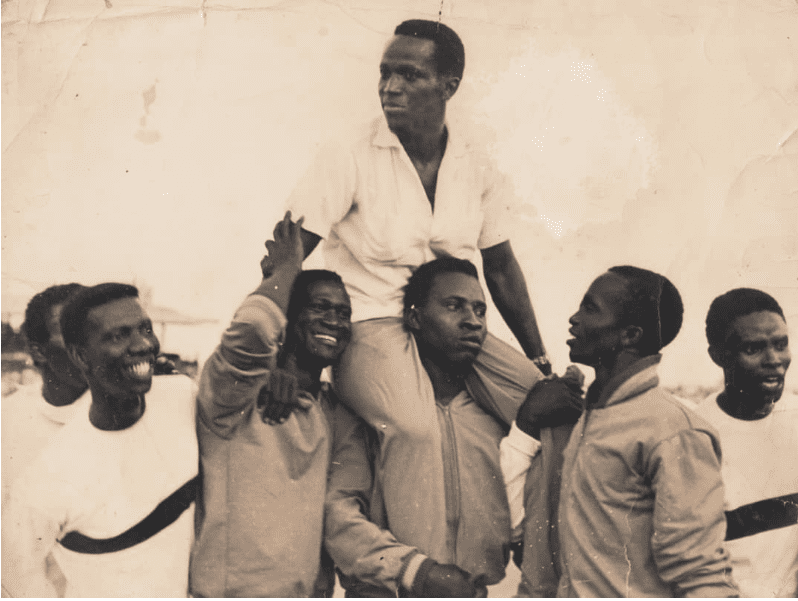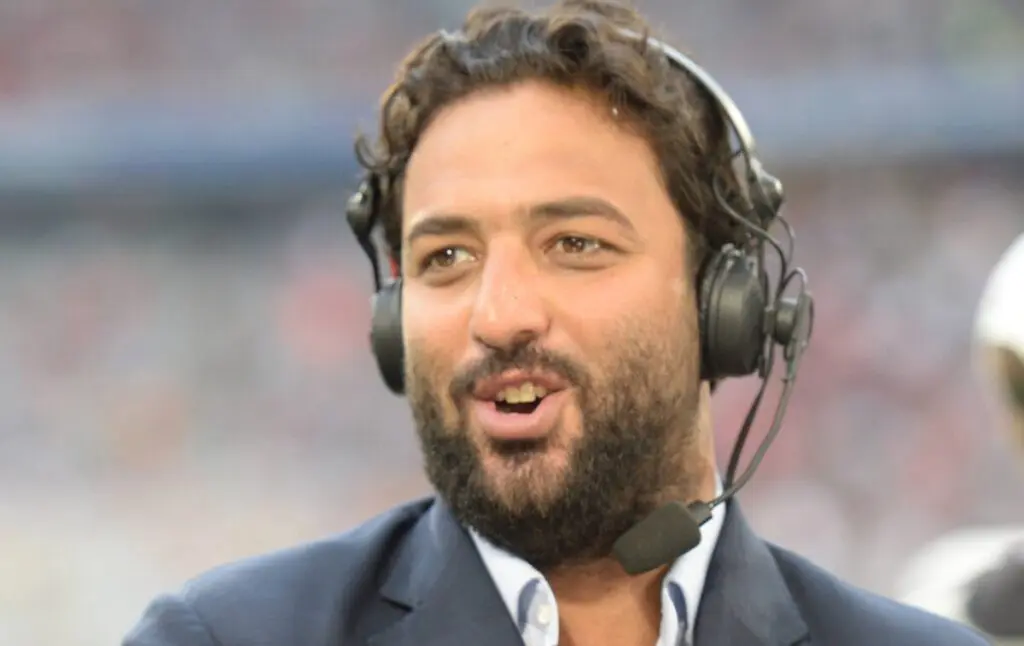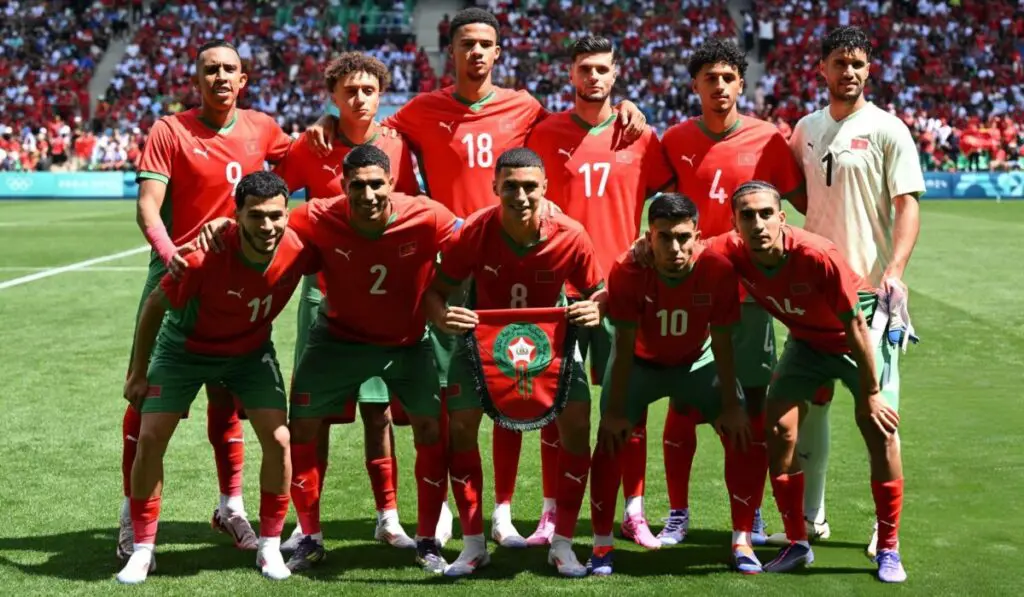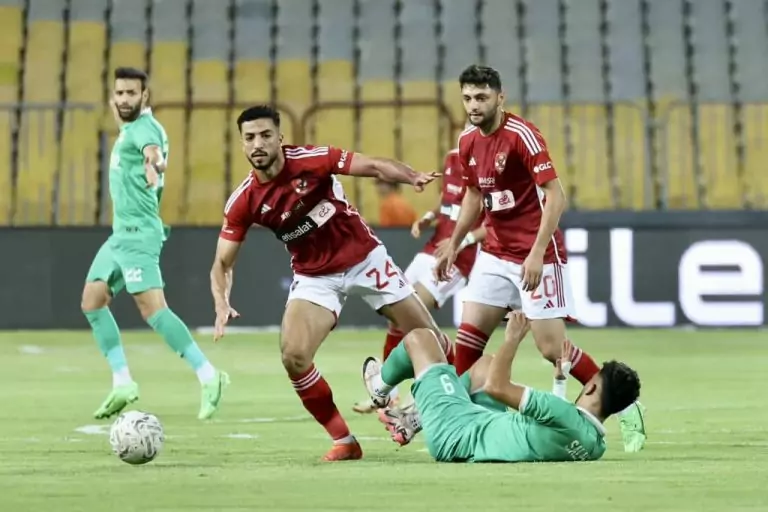AFCON: Charles Gyamfi and the battle against sorcery in Ghana 40 years on

In African football, belief in sorcery often extends to healing injuries, winning matches, or clinching titles.
However, in Ghana, the narrative has taken a distinctive turn, with some attributing the national team’s lean years in the Africa Cup of Nations (AFCON) since their fourth title in 1982 to a resurgence of sorcery practices.
One man stood firmly against these superstitions, leading Ghana to three AFCON titles and contributing to a fourth—Charles Gyamfi.
Gyamfi, the first coach to secure the AFCON title three times, is rivaled only by Hassan Shehata with Egypt’s golden generation.
Gyamfi’s defiance of retrogressive beliefs in Ghanaian football was described as “a plea to God by Gyamfi for a specific cause, and he succeeded because it was in God’s favor, much like Joseph did in Egypt,” according to reports.
Gyamfi became the first Ghanaian coach to lead the national team in 1963, succeeding the Hungarian Josef Ember.
A pioneer in Ghanaian football, Gyamfi played for Fortuna Düsseldorf in Germany, and his early tenure went against the prevailing tide.
While sorcerers were believed to influence teams and travel with them outside Ghana before Gyamfi took charge in 1963, that era seemingly came to an end.
Gyamfi, quoted in Francis Boatchway’s book “Magic and Sorcery in African Football,” said, “Before I took over the Black Stars, there were sorcerers and charlatans ‘helping’ the team, and some of them traveled with us outside Ghana.”
“With my experience gained in football in Germany, Chile, and Brazil, I was convinced that sorcery has no role in football,” Gyamfi continued.
“My team decided not to rely on their services but to focus on prayers, good tactical systems, hard work, commitment, and motivation.”
Boatchway emphasized that Gyamfi sought help from God to overcome these superstitions, stating on Ghanaian channel Lifestyle TV, “Gyamfi asked for God’s help in a specific matter and succeeded because it was in God’s favor, much like what Joseph did in Egypt.”
Winning AFCON in 1963, 1965, and advising in 1978 before winning again as a coach in 1982, Gyamfi’s influence shaped Ghana’s football philosophy.
Boatchway noted that deviating from Gyamfi’s path after 1982 coincided with Ghana’s struggles.
“I strongly believe that this is the reason we haven’t won the AFCON title in the last 40 years,” Gyamfi remarked.
Since Ghana’s last triumph, the Black Stars have not followed Gyamfi’s approach consistently, resulting in a downward spiral.
Critics argue that reliance on sorcery returned after Gyamfi.
Kwabena Yeboah, President of the Ghanaian Critics Association, previously stated, “I remember during AFCON 1978, we had a pastor, and we prayed at any time.”
He also recounted an incident before a friendly match between Ghana and Ivory Coast in 1984, saying, “Unfortunately, I vividly remember the days of Awu Austin as the Chief Executive of Sports.
We went to Ivory Coast for a friendly, and we were told to go to Cape Coast to see a spiritualist.”
Since then, Ghana has reached the AFCON final only three times and lost each, twice against Ivory Coast on penalties in 1992 and 2015 and once against Egypt in 2010.
In 2012, coach Goran Stevanovic expressed frustration with players using “black magic” against themselves, emphasizing the need to change the mindset around such practices.
During the 2021 AFCON, Ghana’s lackluster performance, finishing bottom of their group, led to reports of players resorting to superstitions again.
Thomas Partey reportedly considered retiring from international duty due to the sorcery scandal that rocked the team in Cameroon.
Andre Ayew was seen sprinkling water on the pitch during warm-ups, seemingly not learning from the 2012 incident. Reports suggested that some players brought spiritualists into their hotel rooms to perform rituals before each tournament match.
Mohammed Kudus, currently playing for West Ham, was rumored to have been targeted with sorcery, allegedly contributing to his absence due to injury.
Kudus released a statement refuting these claims, urging Ghanaians to ignore the rumors.
DISCLAIMER!!! pic.twitter.com/Wnh4IBIJTr
— Mo Kuku (@KudusMohammedGH) January 28, 2022
As Ghana prepares for the upcoming AFCON, the national team’s list is yet to be announced.
Perhaps, after the recent crisis during the last tournament, Ghana’s stars, led by veterans Andre Ayew and Mohammed Kudus, will influence their peers to abandon the path of sorcery and follow Gyamfi’s legacy.
Only time will tell if Ghanaian football can break free from the grip of superstitions that have haunted it for decades.










